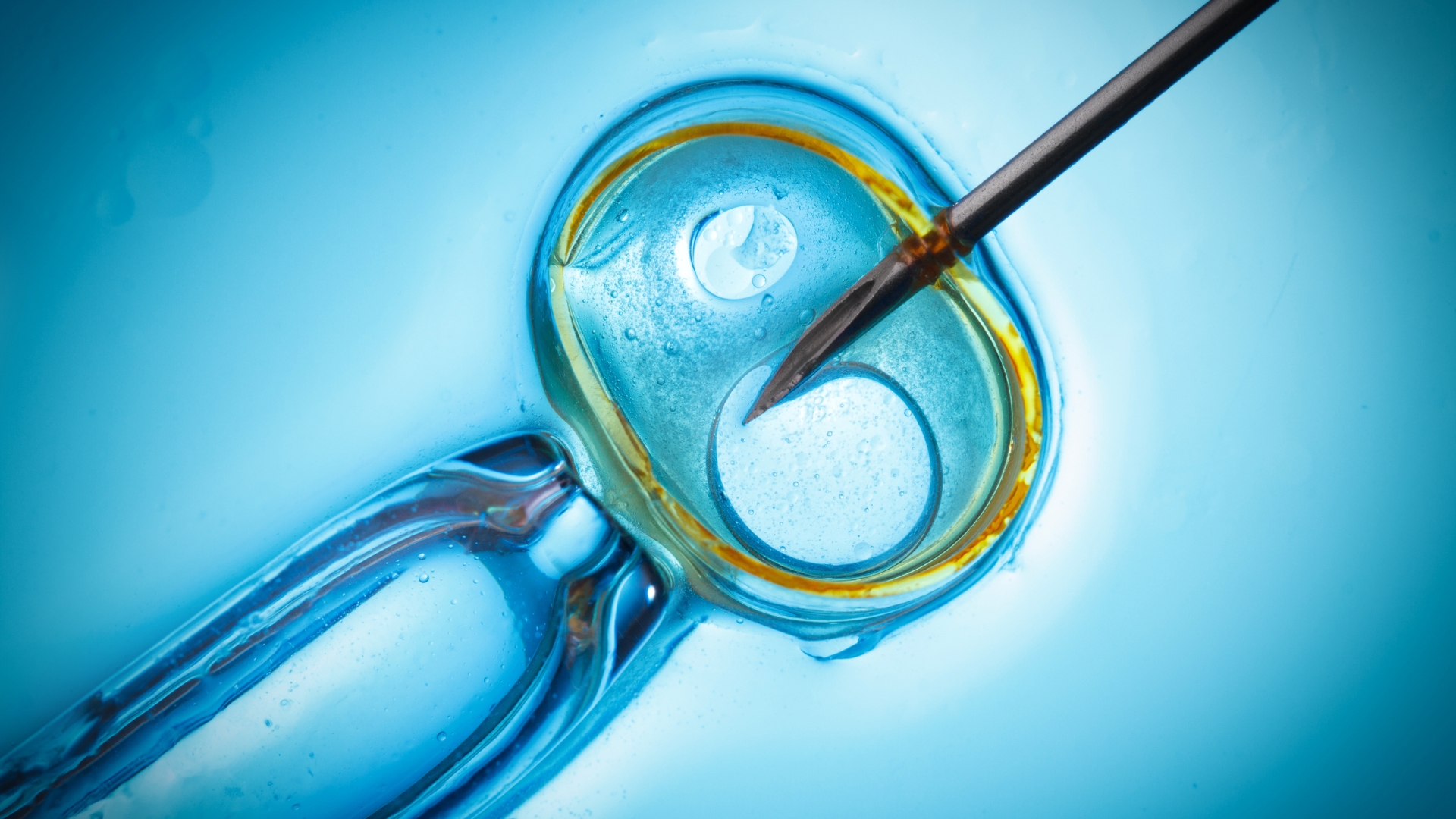IVF Treatment

In vitro fertilization (IVF) is a fertility treatment that involves fertilizing an egg with sperm in a laboratory dish. The resulting embryo is then transferred to the uterus with the goal of achieving pregnancy.
IVF is typically used when a couple is experiencing fertility issues, such as when the woman has blocked fallopian tubes, the man has a low sperm count, or the couple has experienced recurrent miscarriages. It may also be used when a couple has been unable to conceive through other fertility treatments, such as medication or intrauterine insemination (IUI).
The process of IVF involves several steps:
- Ovarian stimulation: The woman takes fertility medications to stimulate the production of multiple eggs.
- Egg retrieval: The eggs are retrieved from the woman's ovaries using a needle and ultrasound guidance.
- Fertilization: The eggs are combined with sperm in a laboratory dish, where fertilization occurs.
- Embryo culture: The resulting embryos are cultured in the laboratory for a few days.
- Embryo transfer: One or more embryos are transferred to the woman's uterus through the cervix, with the hope that at least one will implant and result in a pregnancy.
IVF is a complex and expensive treatment, and success rates vary depending on a number of factors, including the woman's age and the underlying cause of fertility issues. It is important for individuals considering IVF to discuss the risks and potential benefits with a fertility specialist.




